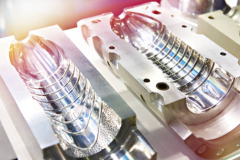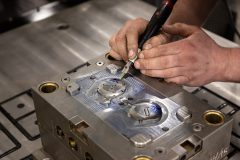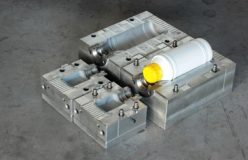Plastic baby bottles can serve well for about 6 months. However, you should replace them sooner if you spot any damage. Look for signs like scratches or cloudiness, as these can mean the bottle may harbor bacteria. It’s good practice to check your bottles often, especially after cleaning. The heat from sterilizing can wear them out faster, so handle them with care. Always remember, if you’re in doubt about a bottle’s condition, it’s best to replace it for your baby’s safety. A fresh, clear bottle ensures a healthy feeding time!
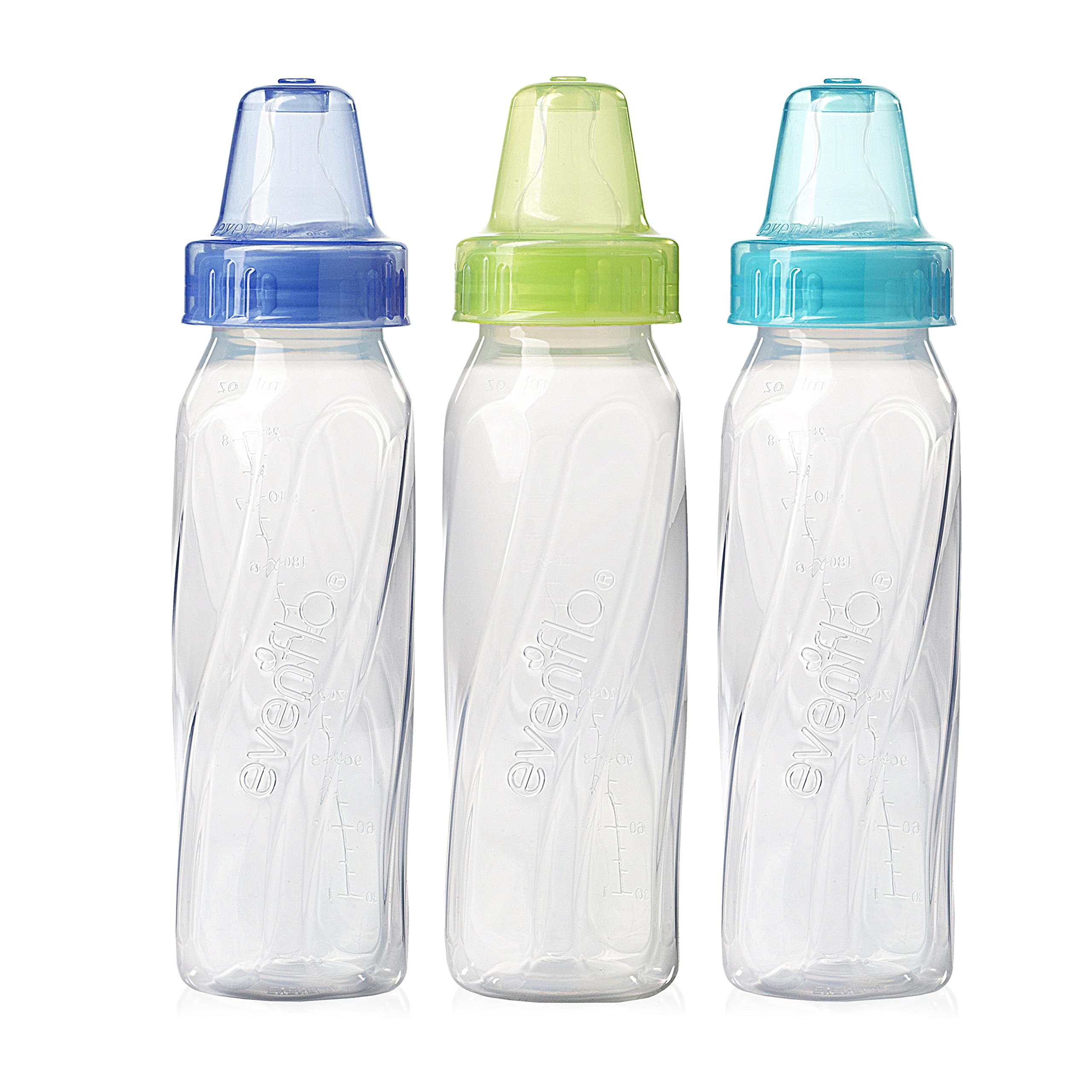
Do Plastic Baby Bottles Expire?
Plastic baby bottles can indeed expire! Like many things we use daily, these bottles don’t last forever. Over time, they can wear out, especially with repeated sterilizing and exposure to heat, like when you’re warming milk. The plastic might start to break down or scratch, and when this happens, it can harbor bacteria. You definitely don’t want that for your baby!
So how do you know it’s time to replace a bottle? Look for signs of damage, such as cracks, cloudiness, or scratches. Manufacturers often recommend replacing bottles every six months or so, but always check the individual brand’s advice. Also, newer bottles are often BPA-free – that’s a good thing because BPA is a chemical you don’t want in your baby’s food.
How long are plastic baby bottles good for?
When it comes to our little ones, we always want the best for them. This includes knowing when it’s time to replace their plastic baby bottles. Usually, plastic baby bottles last about six months, but this can vary. It all depends on how often you use them and how well you take care of them.
Let’s visit a bit deeper! Every time you wash and sterilize a bottle, it undergoes a bit of stress. The plastic can start to break down after many washes. This can lead to scratches where bacteria love to hide and grow. And we don’t want that for our baby’s bottle, right?
Now, if you notice the bottle turning cloudy or changing in color, it’s a sign to get a new one. Also, if you see any cracks or chips, even small ones, it’s time to toss it out. These tiny spots can hurt your baby’s mouth or become a secret place for germs.
You might be thinking, “How can I make them last longer?” Well, using a gentle brush to clean them helps. Avoid harsh chemicals or abrasive cleaners. And always give them a good rinse after washing.
Heat is another thing that can shorten a bottle’s life. So, keep them away from direct sunlight and don’t boil them too long. Also, those fancy bottle warmers are great, but don’t leave the bottle in longer than needed.
We all love a good hand-me-down, but be careful with used bottles. If they are already a bit worn, they may not last as long. Always check them carefully before using them for your baby.
Portable bottle sterilizers are handy, but remember, they also cause wear and tear. So, after a big trip, check those bottles extra carefully.
It’s not just about safety, though. Over time, the bottle’s nipple can weaken and affect how your baby feeds. If the nipple starts to collapse during feeding or if you notice your baby is struggling, it might be time for a new one.
Some bottles now come BPA-free, which is excellent because BPA is something you definitely want to avoid. It’s a chemical that used to be common in plastics but can be harmful. So, check the label when you’re buying bottles.
Keeping an eye on your baby bottles is the best way to make sure they are safe for your baby. Replace them when you see the first signs of wear, or if in doubt, just start fresh. After all, while bottles aren’t too expensive, our babies are priceless, and their safety is our top priority. Remember to enjoy every little moment of feeding your baby, knowing you’re doing your best to take care of them!
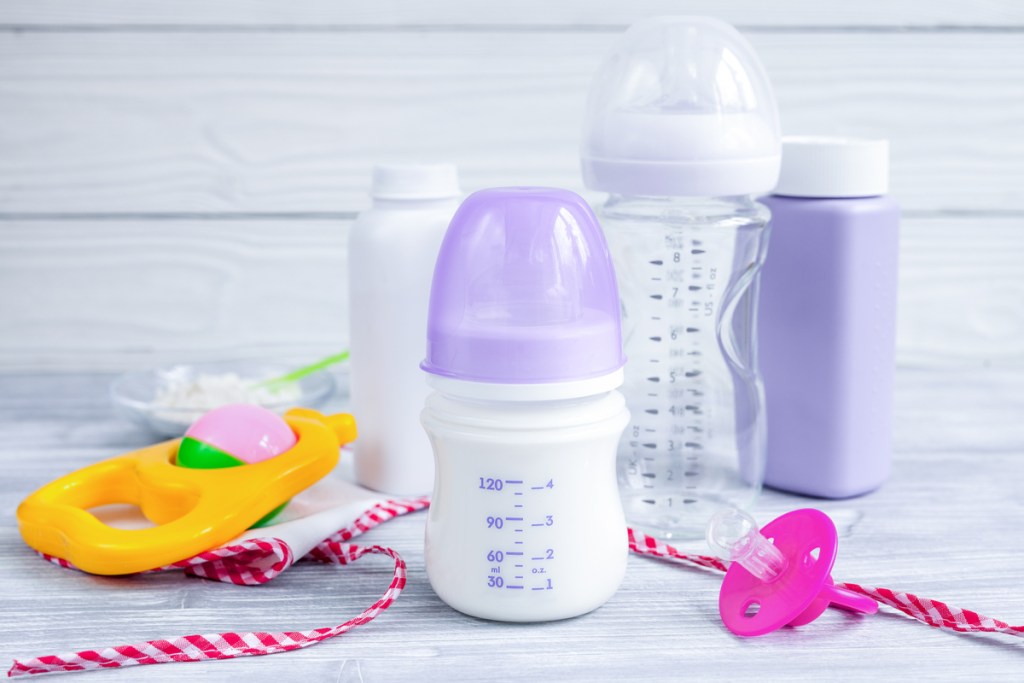
FAQs
How can I tell when it’s time to replace my baby’s plastic bottle?
You should get a new bottle if you see any cracks or chips, or if the bottle becomes cloudy. These signs can appear after a few months of regular use. It’s also wise to replace bottles every six months to ensure they are safe and clean. Keep an eye on how the bottle withstands daily washing and sterilizing. As soon as the bottle shows the first signs of wear and tear, it’s better to be safe and replace it.
What’s the safest way to clean plastic baby bottles?
The safest way to clean baby bottles involves using hot soapy water and a soft bottle brush. Scrub each part thoroughly but gently to avoid scratching the plastic. After washing, rinse the bottles with clean water. Then, sterilize them using a steam sterilizer or by boiling them in water for about five minutes. Remember to let the bottles dry completely on a clean rack before using them again. This keeps your baby’s bottles free from harmful bacteria.
Can I put plastic baby bottles in the dishwasher?
Yes, you can put plastic baby bottles in the dishwasher if they are marked dishwasher-safe. Place them on the top rack to avoid the heating element, which is typically at the bottom and could cause the plastic to warp. Use a mild detergent and a sanitize cycle if available. After the wash, remove any remaining water from the bottles and let them air dry. This method can be a convenient way to ensure the bottles are thoroughly cleaned.
Is it okay to use second-hand plastic baby bottles?
Using second-hand plastic baby bottles is fine as long as they are in good condition. Inspect them for scratches, cloudiness, or cracks. If they’re clear of damage, sterilize them thoroughly before the first use. However, always buy new nipples for hygiene and safety reasons. Be extra cautious with second-hand bottles and when in doubt, opting for new ones is always the safest bet.
How do I store plastic baby bottles when not in use?
When you’re not using plastic baby bottles, store them in a clean, dry place. Keep them assembled with the nipple cover on to prevent dust and debris from settling inside. Avoid exposing the bottles to direct sunlight or high temperatures, as these can degrade the plastic over time. By storing bottles properly, you ensure they stay hygienic and ready for the next use.
